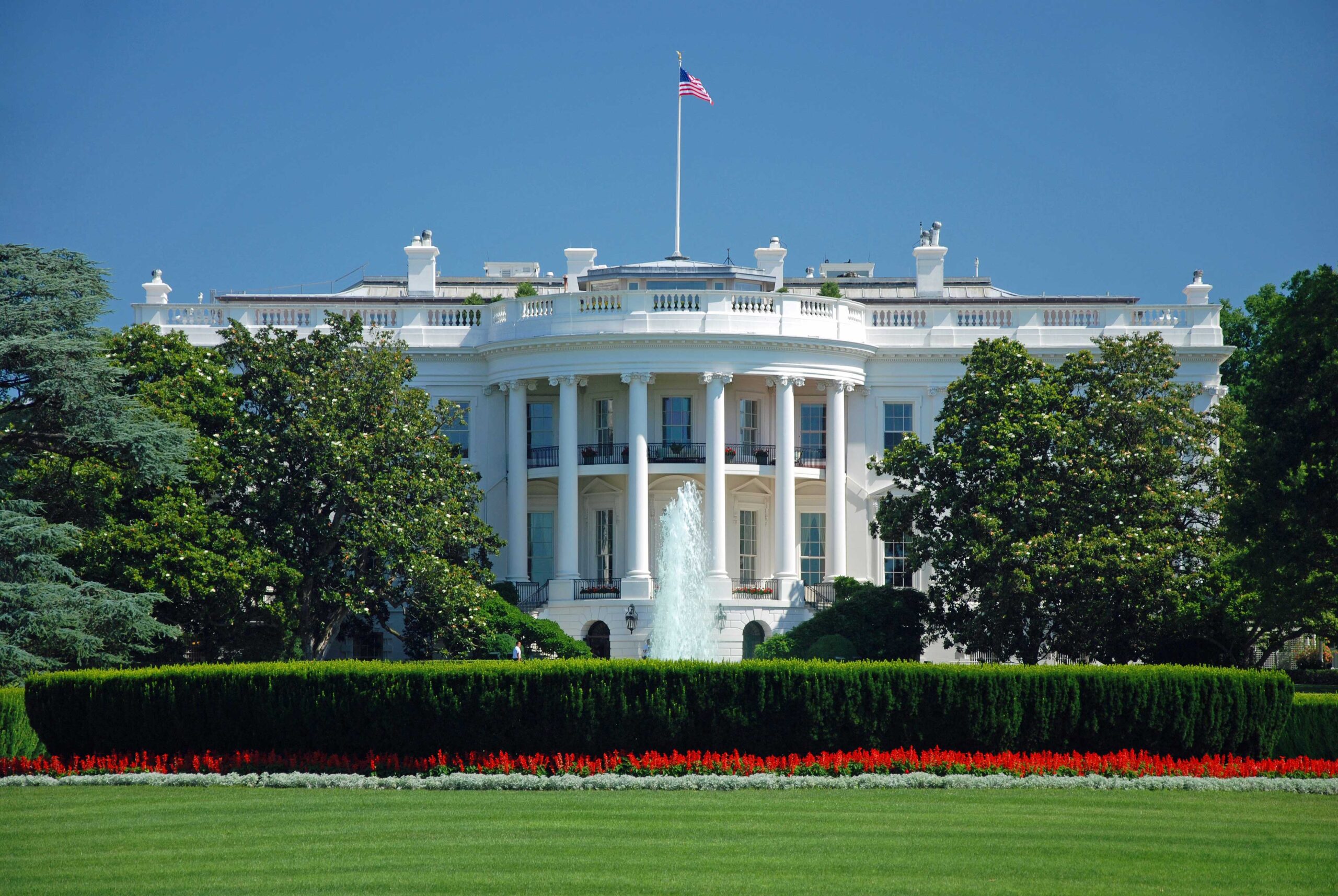Washington, D.C. (March 15, 2023)—The U.S. Apple Association’s Board of Directors met this morning with White House policy staff at the White House to discuss critical issues impacting the apple industry. Sixteen USApple board members from across the country met with Joan Hurst, director for agricultural affairs at the Office of the U.S. Trade Representative and Kelliann Blazek, special assistant to the president for agriculture and rural policy. The loss of exports, agriculture labor, and renewal of the farm bill were top of discussion.
“Steel and aluminum tariffs continue to be one of the biggest challenges facing the apple industry,” said USApple Vice Chair Steve Clement of Sage Fruit in Yakima, Wash. “We’ve been cut out of the India market due to 70% tariffs, and the China market has dwindled to nearly nothing. Many growers who have been thinking about renewing their orchards don’t see a point and are instead getting out.”
India was the number two market for U.S. apples prior to the Section 232 steel and aluminum retaliatory tariffs, but lost market share since 2018 has cost growers half a billion dollars in sales. China, too, was a bright spot on the horizon with the country importing high-value U.S. apple varieties prior to its tariffs taking hold. Now, the China market has all but disappeared for U.S. apple growers. Countries like Iran, Turkey and Chile have since snatched up the lost U.S. apple market share.
“When Washington State can’t export apples to global markets it has a huge impact nationally,” said USApple Chair Brenda Briggs of Rice Fruit Company in Gardners, Pa. “It depresses markets, hurts farmers and threatens the sustainability of growing apples on the East Coast and middle of the country.”
In addition to encouraging the Biden administration to help growers with market access, the USApple board also asked for assistance with fixing agriculture labor policy.
“Since the Farm Workforce Modernization Act passed the House twice but wasn’t successful in the Senate, we are having to start over at square one with a new Congress this year,” said USApple President and CEO Jim Bair. “But we’re not giving up.”
The USApple board asked for help with onerous, bureaucratic rules delaying H-2A workers from entering the country in time to begin work in their respective orchards, and with maximum 34-hour work weeks and inconsistent wage rates and classifications for various orchard jobs.
The group also discussed the importance of the farm bill and its renewal this year. Getting additional Market Access Program funding for specialty crops is critically needed to help with apple exports, as well as maintaining funding for research and other Agriculture Department programs that directly impact the industry.
-30-








